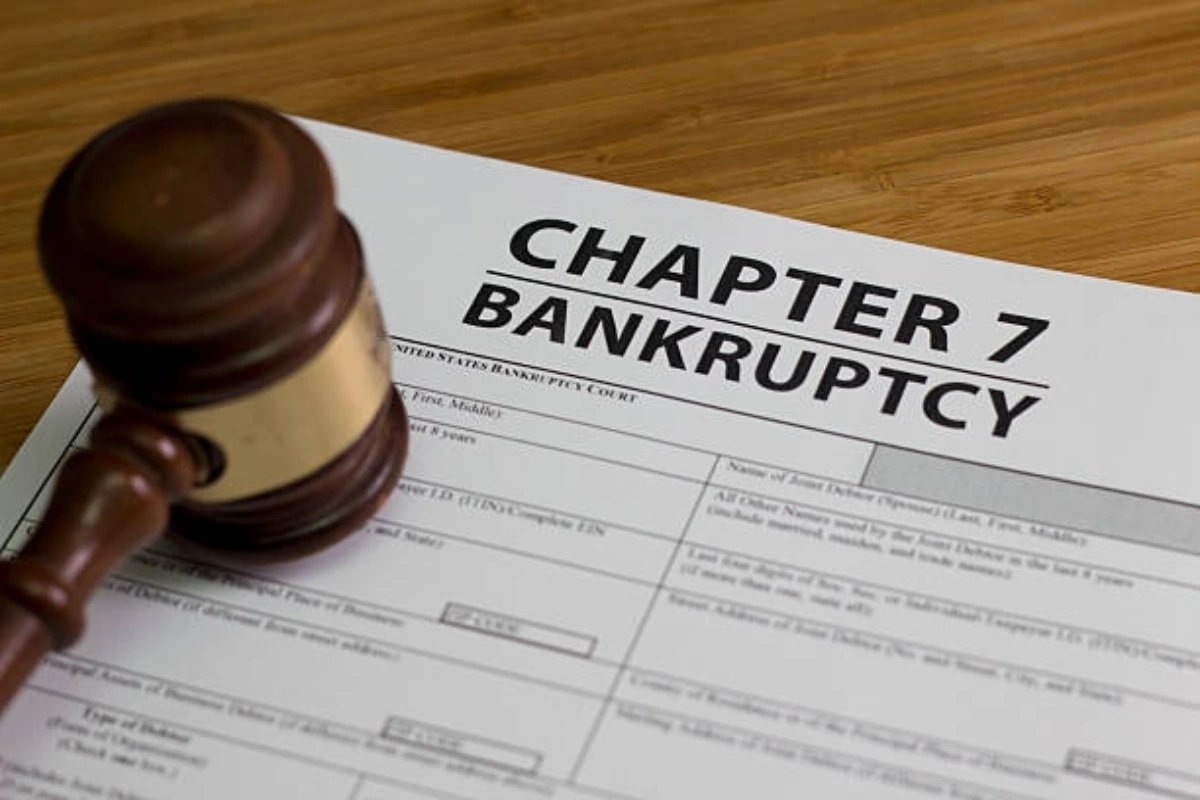Filing for Bankruptcy: Everything You Need to Know
What is Bankruptcy?
Bankruptcy is a legal process that allows individuals or businesses to eliminate or repay their debts under the protection of the federal bankruptcy court. It is not a one-size-fits-all solution, and different types of bankruptcy exist, each with its own eligibility criteria and financial implications.
Key Considerations Before Filing for Bankruptcy
Before filing, it is essential to assess your financial situation thoroughly. Consider the following:
- Evaluate Your Debts: List all your financial obligations, including credit cards, loans, and other debts.
- Assess Your Income and Expenses: Determine your financial standing to see if you qualify for bankruptcy.
- Explore Alternatives: Consider options like debt consolidation or negotiation with creditors before opting for bankruptcy.
- Understand the Credit Impact: Bankruptcy can significantly affect your credit score, staying on your report for up to 10 years (Chapter 7) or 7 years (Chapter 13).
- Consult a Bankruptcy Attorney: Professional guidance can help navigate the complexities and ensure the best course of action.
Types of Bankruptcy
Understanding the different types of bankruptcy is crucial for making an informed decision:
1. Chapter 7 Bankruptcy (Liquidation)
- Eliminates most unsecured debts (credit cards, medical bills, etc.).
- Non-exempt assets may be sold to pay creditors.
- Remains on the credit report for up to 10 years.
2. Chapter 13 Bankruptcy (Reorganization)
- Allows individuals to keep their assets while repaying debts over 3-5 years.
- Suitable for those with a steady income.
- Stays on the credit report for 7 years.
3. Chapter 11 Bankruptcy (For Businesses)
- Allows businesses to reorganize their debts and continue operations.
- Involves negotiating with creditors to restructure debts.
4. Chapter 12 Bankruptcy (For Farmers & Fishermen)
- Designed specifically for family farmers and fishermen.
- Offers a repayment plan to help keep operations running.
Preparing Your Finances for Bankruptcy
Proper financial preparation can make the bankruptcy process smoother:
- Gather Financial Documents: Bank statements, tax returns, pay stubs, and a list of assets and debts.
- Create a Budget: Outline monthly income and expenses to identify savings opportunities.
- Avoid New Debt: Refrain from making large purchases or taking on new loans before filing.
- Understand the Implications: Know how bankruptcy will affect your future financial standing.
Ready to connect with top legal professionals? Get immediate support— Call us at 877-550-8911.
Connect with Our Legal Team

Step-by-Step Process of Filing for Bankruptcy
Filing for bankruptcy can be overwhelming, but following these steps can simplify the process:
- Assess Your Financial Situation: Determine your eligibility and need for bankruptcy.
- Consult a Bankruptcy Attorney: Professional guidance ensures compliance with legal requirements.
- Complete Bankruptcy Forms: Submit the necessary documents, including the petition and financial statements.
- File for Bankruptcy: Submit your case to the bankruptcy court.
- Attend a Creditors’ Meeting: Answer questions from creditors and a trustee regarding your financial situation.
- Complete Required Financial Counseling: This is a mandatory step before receiving a discharge.
- Receive Debt Discharge: After fulfilling all requirements, eligible debts are eliminated or restructured.
Common Mistakes to Avoid When Filing for Bankruptcy
To ensure a smoother process, avoid these mistakes:
- Failing to Disclose All Assets and Debts: Transparency is crucial to avoid legal complications.
- Not Completing Financial Counseling: Mandatory credit counseling helps in understanding financial management.
- Incurring New Debt Before Filing: Large purchases before filing may be flagged as fraudulent.
- Filing Without Professional Help: An attorney can guide you through the complexities of bankruptcy law.
Frequently Asked Questions (FAQs)
1.
Who qualifies for Chapter 7 bankruptcy?
Individuals must pass a means test, which assesses income and expenses to determine eligibility.
2.
How long does bankruptcy stay on my credit report?
Chapter 7 remains for up to 10 years, while Chapter 13 stays for 7 years.
3.
Can bankruptcy stop foreclosure on my home?
Chapter 13 can help prevent foreclosure by allowing you to catch up on missed payments.
4.
Will I lose all my assets if I file for bankruptcy?
Not necessarily. Exemptions may allow you to keep certain assets, depending on state laws and the type of bankruptcy filed.
5.
How often can I file for bankruptcy?
There are waiting periods between filings. For example, after a Chapter 7 discharge, you must wait 8 years before filing again for Chapter 7
Don’t wait to secure the legal representation you deserve. Visit Legal Case Review today for free quotes and tailored guidance, or call 877-550-8911 for immediate assistance.
Scott Thompson is an authoritative industry veteran, CEO and Founder of Astoria Company. With his extensive experience spanning decades in the online advertising industry, he is the driving force behind Astoria Company. Under his leadership, Astoria Company has emerged as a distinguished technology advertising firm specializing in domain development, lead generation, and pay-per-call marketing. Thompson is widely regarded as a technology marketing expert and domain investor, with a portfolio comprising over 570 domains.




